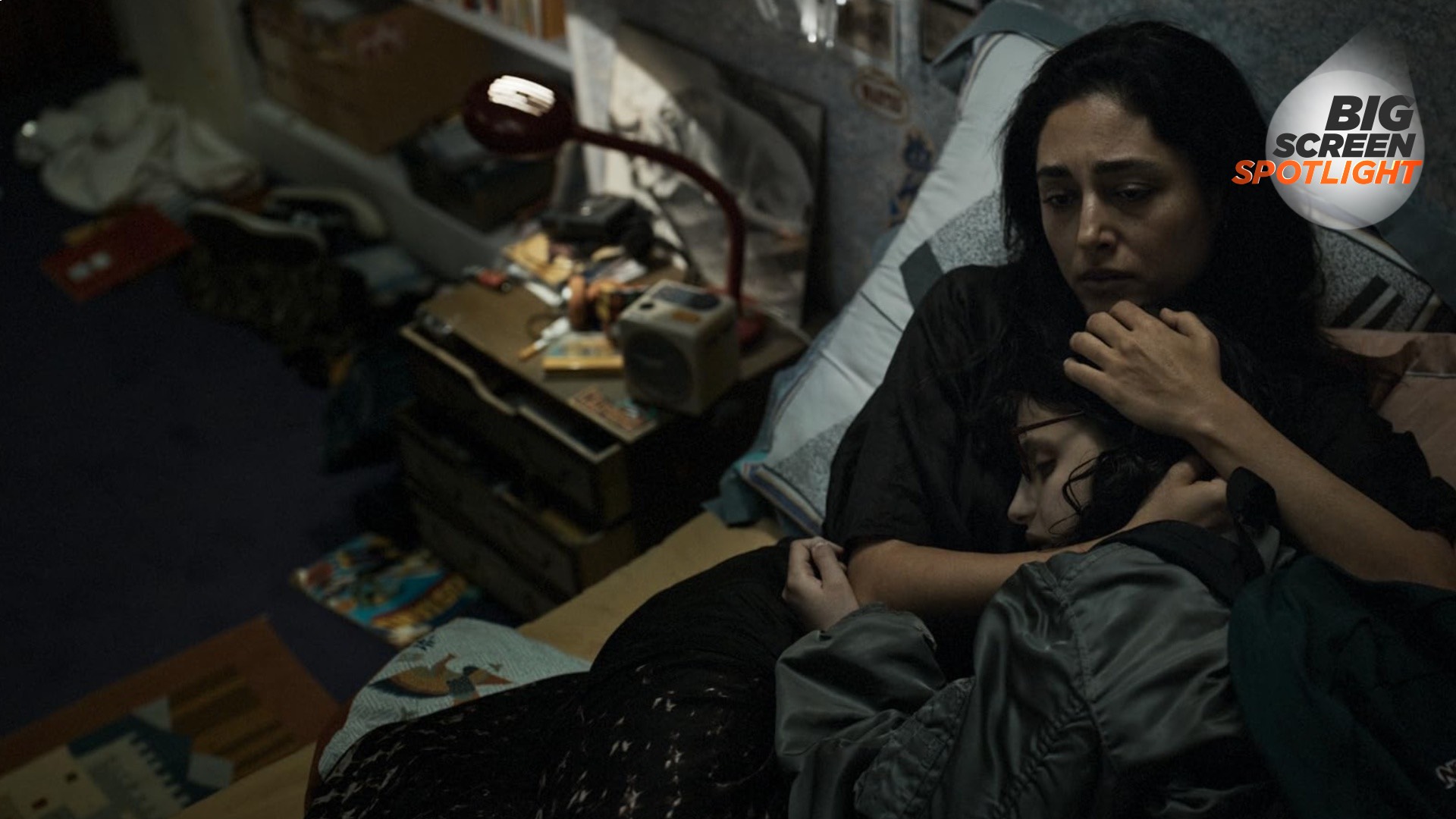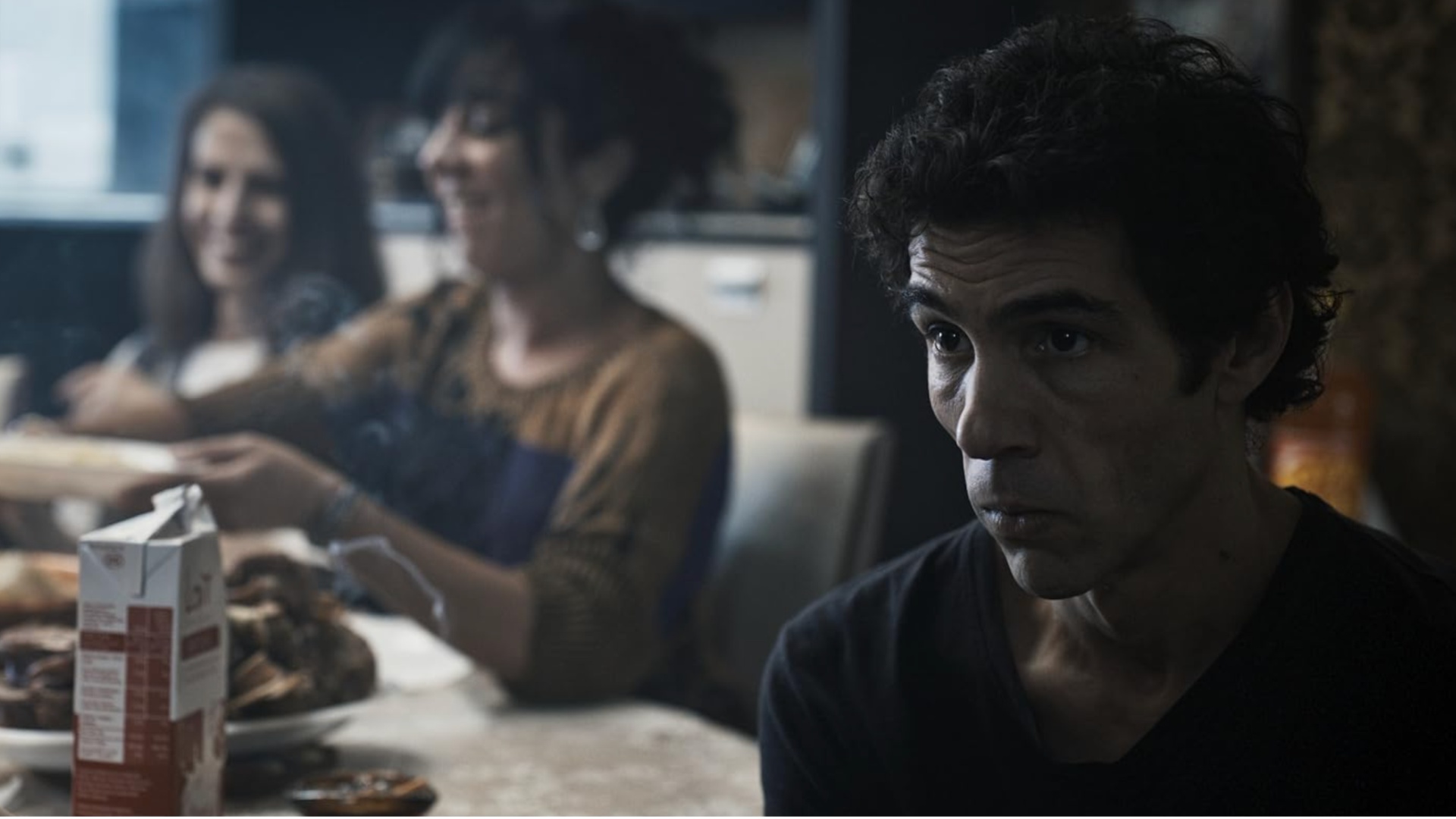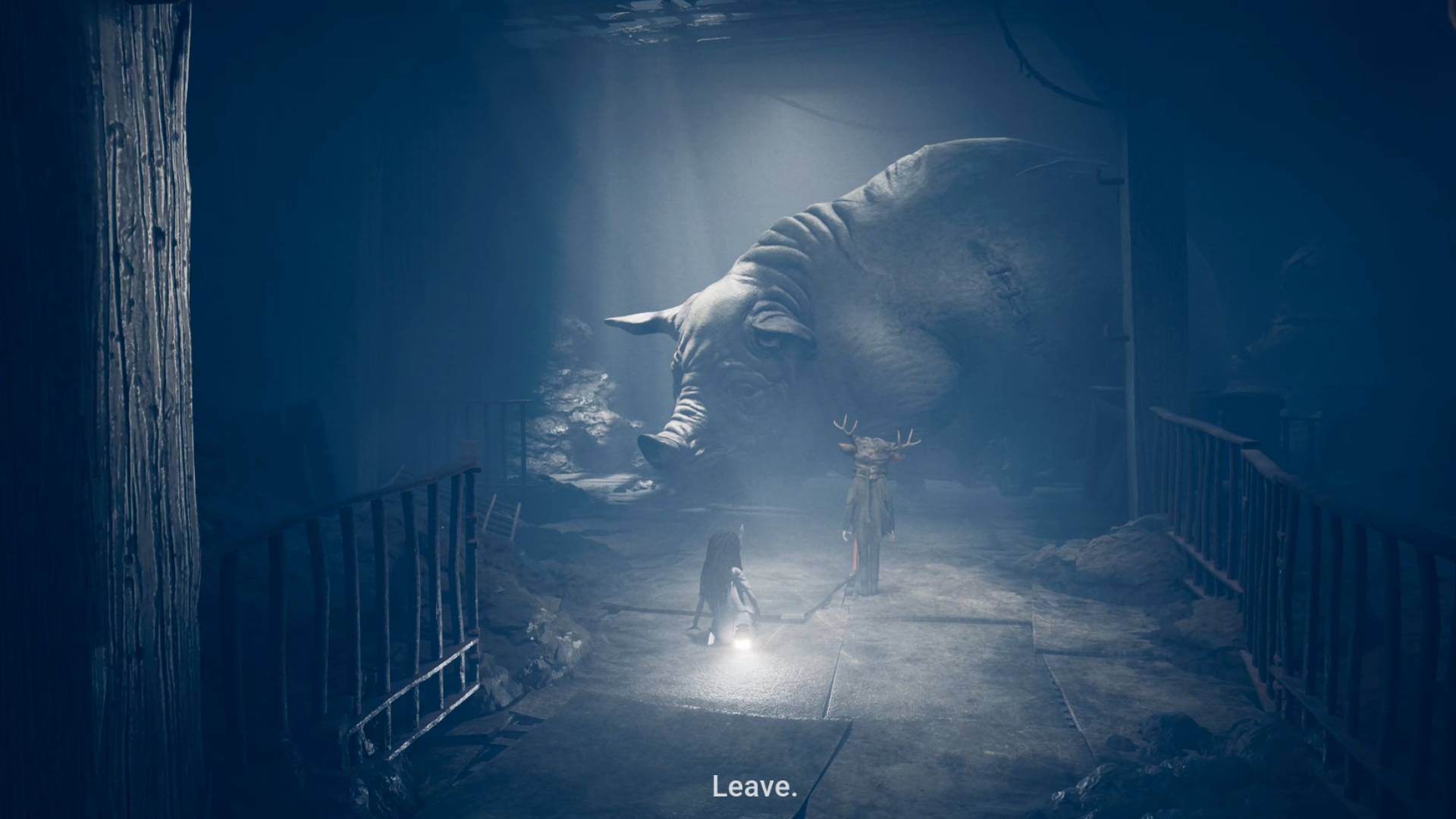Titane director Julia Ducournau's new movie is lighter on the body horror, but stays rooted in the same messy, moving family drama
Big Screen Spotlight | Julia Ducournau's Alpha is more drama than horror movie, but the new film keeps Titane's complicated family dynamics

Weekly digests, tales from the communities you love, and more
You are now subscribed
Your newsletter sign-up was successful
Want to add more newsletters?

Every Friday
GamesRadar+
Your weekly update on everything you could ever want to know about the games you already love, games we know you're going to love in the near future, and tales from the communities that surround them.

Every Thursday
GTA 6 O'clock
Our special GTA 6 newsletter, with breaking news, insider info, and rumor analysis from the award-winning GTA 6 O'clock experts.

Every Friday
Knowledge
From the creators of Edge: A weekly videogame industry newsletter with analysis from expert writers, guidance from professionals, and insight into what's on the horizon.

Every Thursday
The Setup
Hardware nerds unite, sign up to our free tech newsletter for a weekly digest of the hottest new tech, the latest gadgets on the test bench, and much more.

Every Wednesday
Switch 2 Spotlight
Sign up to our new Switch 2 newsletter, where we bring you the latest talking points on Nintendo's new console each week, bring you up to date on the news, and recommend what games to play.

Every Saturday
The Watchlist
Subscribe for a weekly digest of the movie and TV news that matters, direct to your inbox. From first-look trailers, interviews, reviews and explainers, we've got you covered.

Once a month
SFX
Get sneak previews, exclusive competitions and details of special events each month!
New drama Alpha is a change of tack for French filmmaker Julia Ducournau, who took Cannes by storm with her 2021 auto(mobile)-erotic body horror Titane and made waves with her debut feature Raw, about a teenage cannibal, in 2016.
It's much lighter on the body horror than Titane, which confronts the viewer with a graphic brain surgery scene right off the bat, but stays firmly rooted in the messy, upsetting, tender family dynamics that underpin her previous movie's otherwise outlandish, controversial plot points (car sex, anyone?). That being said, Alpha does open with an unflinching close-up of its titular 13-year-old protagonist (Mélissa Boros), blackout drunk and getting a tattoo at a house party using an unsanitary needle. The camera painstakingly follows the needle's movements in her skin, but that's the last time a squeamish viewer may have to avert their eyes.
When Alpha arrives home, she's in big trouble, but not for the reason you might think. Her single mother (Golshifteh Farahani), who's a doctor, is seized by panic when she spots the bloodied marks on Alpha's arm because a mysterious bloodborne virus is in the midst of pushing the French healthcare system to breaking point. Although it's not immediately obvious if a person has the virus, once contracted, their skin slowly begins to turn into a marble-like stone. As Alpha, who seemingly doesn't realize her tattoo could have gotten her sick, anxiously awaits the results of the blood test that will tell her if she's negative or positive, her life is further turned upside down by the arrival of her estranged uncle, Amin (Tahar Rahim). A heroin addict, Amin has had the virus since Alpha was a small child.
Fear spreads faster than disease

Just as she did with Raw's Garance Marillier and Titane's Agathe Rousselle, Ducournau nurtures a standout performance from her lead actor, newcomer Boros, who skilfully embodies the contradictions of a confused, complicated teenage girl: Alpha may smoke cigarettes and fool around with boys, but she's still just a kid who solemnly meows when her mother asks her to "do the cat" to get her to round her back for a medical examination.
Other than Alpha, the other patients we meet in the film are drug addicts and gay men: at first glance, the unnamed disease feels like an extremely thinly veiled allegory for AIDS that frustratingly refuses to name its subject matter, but as the film unravels it becomes clear that there's much more to it than initially meets the eye.
Shining a light on the under-the-radar theatrical releases that you need to know about, with a new article every Friday
"If I had done a movie directly about AIDS, I would obviously have treated the symptoms differently; I would have named the disease, and I probably would have done a way more historically accurate film than what this is," Ducournau said in an interview with The Skinny. "The main disease that spreads in the film is fear."
Ostracized at school by her fearful classmates, who don't understand how the virus is spread, ignorance and mistrust are rife throughout the film. More so than fear, though, Alpha is a movie about families and the harm we do to the ones we love, whether we mean to or not. To say it's about "trauma" feels overly simplistic – it's a descriptor thrown around a lot these days about everything from "elevated" horror films to Marvel TV shows about AI on Disney Plus.
Family drama

Family is a knotty thing in Alpha. For one thing, they can't understand each other, in more ways than one. There's a generational and cultural roadblock between Alpha's mother and uncle and her grandmother, which is revealed through the film's flashback timeline that explores events from eight years prior: she won't, or can't, accept her son's addiction, and would rather ignore it than give him the help he needs. In the present-day timeline, Alpha feels like an island. Kept apart from her uncle at her mother's wishes, she doesn't recognize him when he first arrives in their home and assumes he's an intruder, which leads to her feeling angry that her mother kept her in the dark and upset that the equilibrium of their two-person household has been shaken when she's at her most vulnerable. Later on, she's isolated at an Eid celebration with her extended family as she doesn't speak Berber and her grandmother can't speak French. When her mother, who acts as her interpreter, leaves the room, she panics, isolated in a room of her own flesh and blood.
The film's non-linear structure slowly peels back the layers on the damage that addiction and disease – and the family's response to these things – has wrought on Alpha, her mother, and Amin. Some of the movie's reviews have criticized its dual timeline approach as confusing and unnecessary, flitting back and forth between Alpha's current predicament and her mother's strained relationship with her brother as he tries and fails to get clean when Alpha was much younger. But trauma and memory go hand-in-hand, and Alpha's structure is key to understanding its protagonist, her family, and just what her potential diagnosis means for those around her.
AIDS allegory or not, the packed-out hospital wards and sick, marbled bodies feel secondary to Alpha – both the girl and the movie itself. They play a similar role to cars and metal in Titane: the movie wouldn't be the same without them, but they matter much less than the complicated, broken people around them.
Alpha is out now in theaters. For more on what to watch, check out the rest of our Big Screen Spotlight series.
I’m an Entertainment Writer here at GamesRadar+, covering everything film and TV-related across the Total Film and SFX sections. I help bring you all the latest news and also the occasional feature too. I’ve previously written for publications like HuffPost and i-D after getting my NCTJ Diploma in Multimedia Journalism.
You must confirm your public display name before commenting
Please logout and then login again, you will then be prompted to enter your display name.



